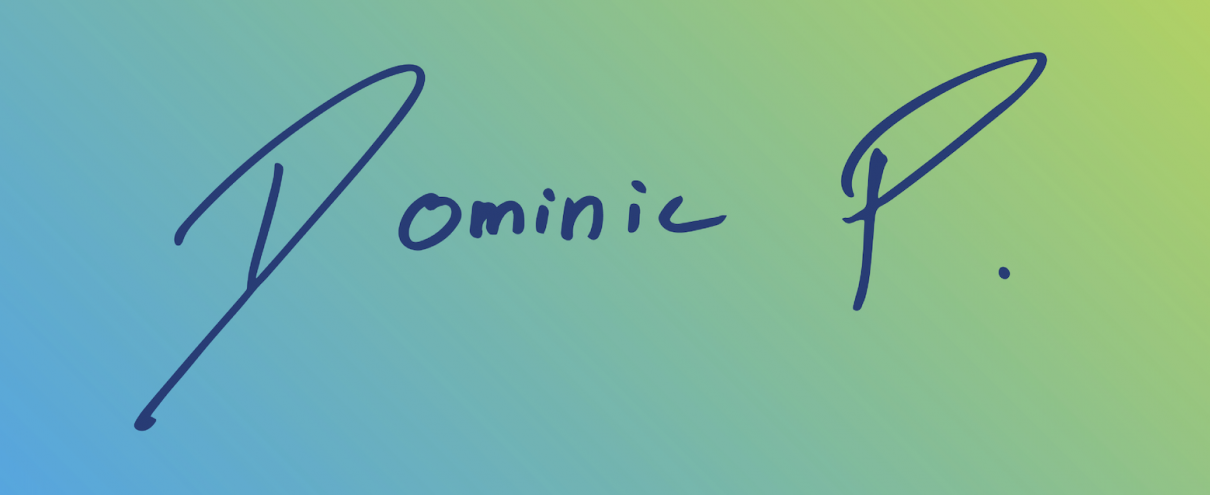Content Advisory: Please note the following content can be directly or indirectly related to content about mental health, depression, suicide, and or self-harm.
“What we have here in this room is so special and it’s not something that many people have the privilege to be a part of. It’s meaning is unique to each and every one of us, and for me it was an outlet to cope with the challenges I was facing. What ultimately helped me through this challenging time in my life was having this, having all of you, having something every single day that would take my mind off of it, even just for a little while. There’s no way to put it into words, so what I’ll leave you with is a thank you, for everything.”
The quote above was the final sentences of the speech I gave to my teammates and coaches my senior year as a member of the Hobart Men’s Lacrosse Program. Throughout the Spring season every Friday night before team dinner a different senior is given the opportunity to address their teammates and coaches to reflect on their four years and the ways in which being a member of the program influenced their experiences at HWS. These nights are really special- they usually come with a lot of laughs and reminiscing, but also some very deep conversations as the seniors reflect on the deeper and more meaningful ways that the program impacted their lives, and for me it was no different. For me, it was the first time I spoke openly to my teammates about my challenges after losing a high school friend and teammate two years prior to suicide.
When I got the news about Jack I was devastated and in complete shock, time seemed to stop completely, but that was quickly interrupted by the flood of disbelief, grief, anger and questions. I had so many questions. Jack had always been the loudest in the room, he always had a smile on his face, and most importantly, he truly connected with everyone he interacted with. How could someone like that be hurting? How could I not know? What could I have done differently? What was truly crippling wasn’t necessarily the flood of questions I had, but rather the lack of answers. I didn’t know who or what to turn to or how to talk about it, so I didn’t. For two years I took everything that hurt and just found a deeper place inside myself to push it and was completely blind to the negative impacts it had on me. I used the day to day demands of a DI student-athlete as a distraction, but I never truly processed the situation and began to heal until I spoke those words to my 55 teammates and coaches that night.
As an athlete under a demanding schedule it’s often hard to see from a bird’s eye view the pressure that we place on ourselves, and the pressure placed on us by other people to perform and outperform time and time again. We constantly strive for more which is what often puts us at levels of achievement we never knew were possible, but it also puts us in a very vulnerable state to ignore or internalize the portions of our lives that might not be on the right track.
The arena of men’s athletics is one where mental health conversations are often just a formality or an afterthought, rather than a proactive process to continuously monitor the well-being of each other. It’s incredibly important to normalize and elevate the conversation of mental health in these arenas of life that were, and to some respect still are, labeled as “too manly” to talk about these topics, because they can be some of the areas it is most relevant. I lost a long-time friend and teammate and one of the hardest things for me to come to terms with was that I never knew he was struggling. I found myself endlessly searching for the signs that might have been there, but that I didn’t know to look for. I hope and expect that TAD can help normalize the conversation of mental health in all arenas of life, and that we can all continually find new ways to help ourselves, and those around us that are struggling.
Talk. Share. Help.




 TadHealth
TadHealth







